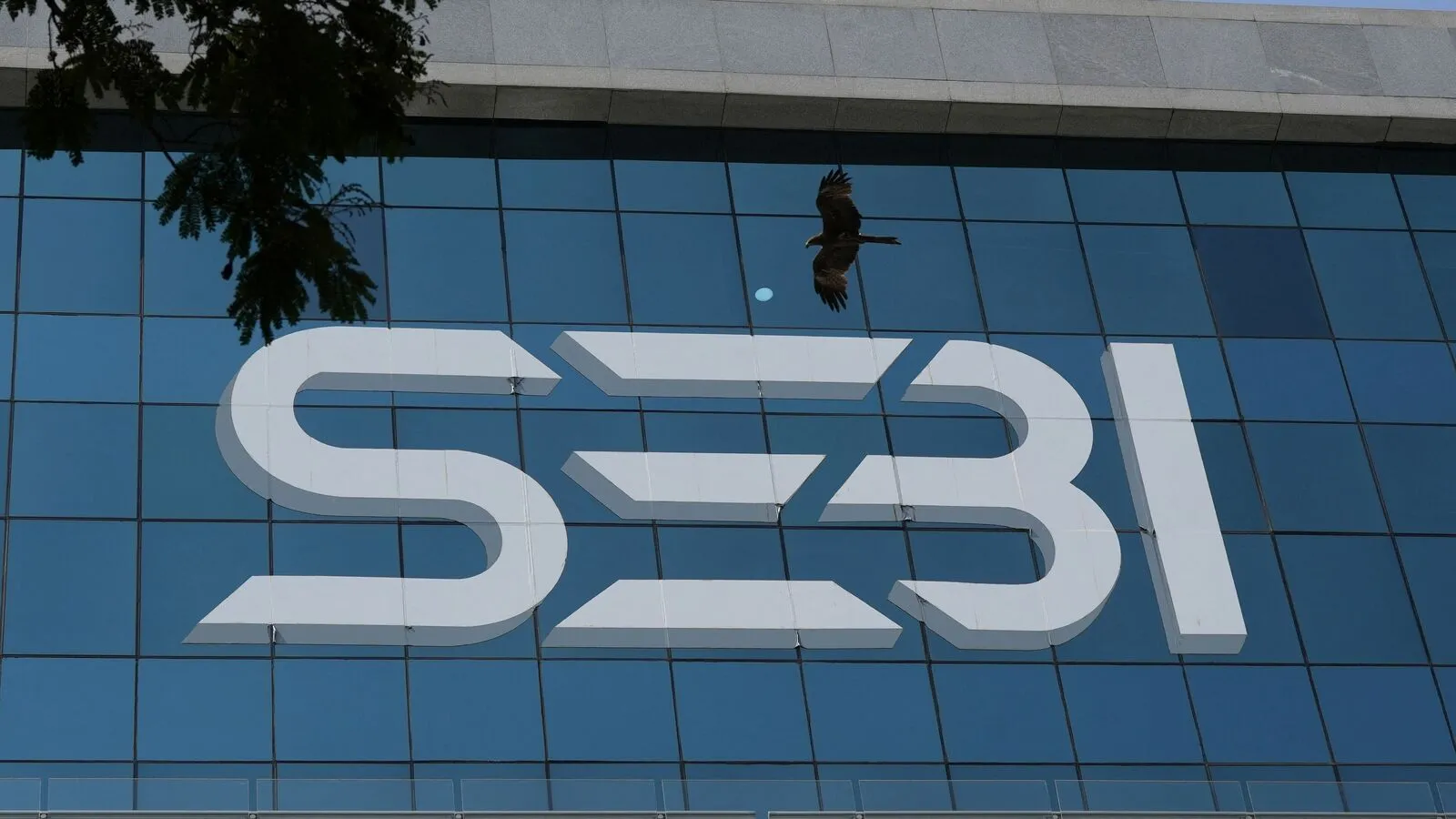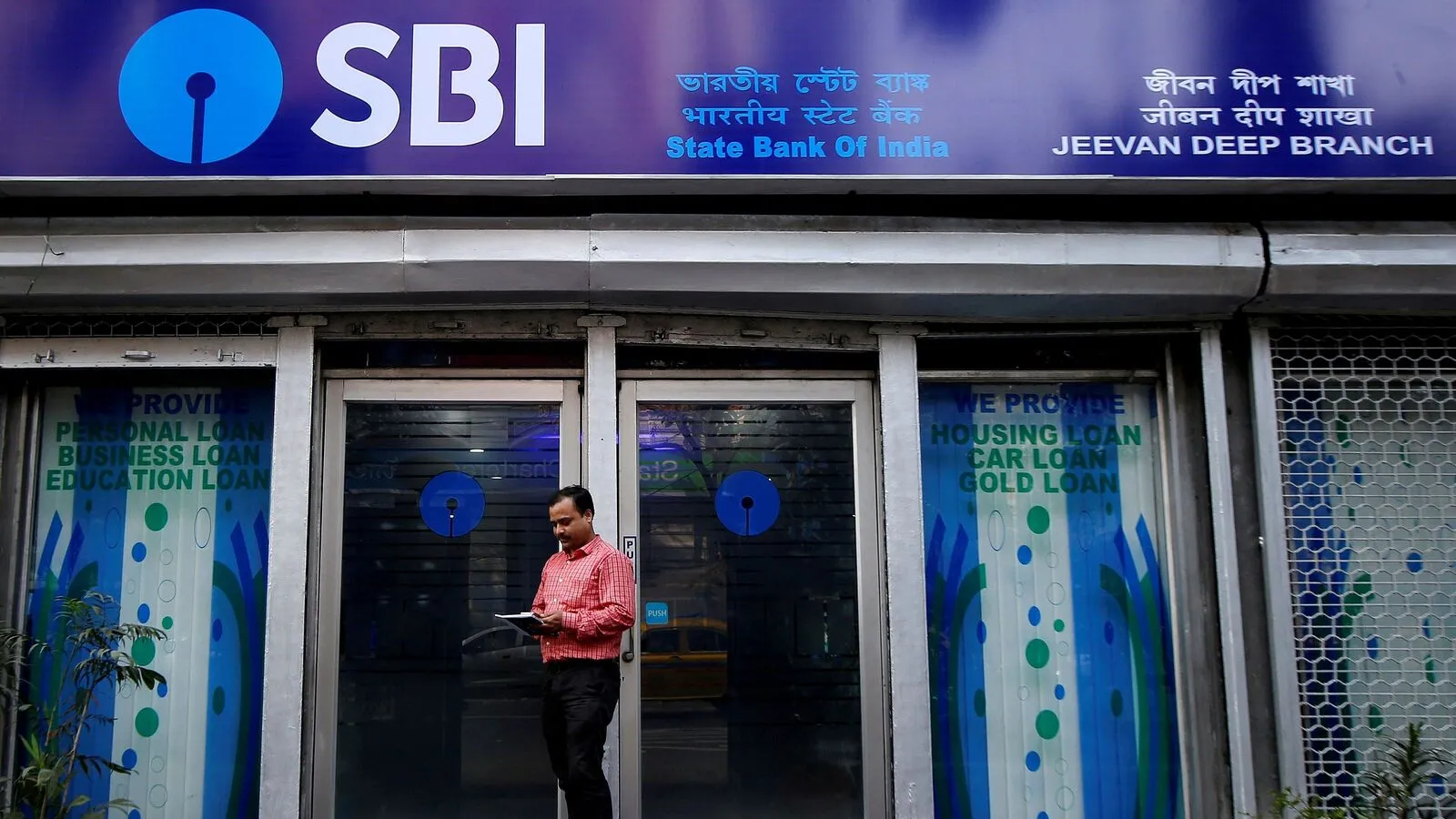Mint Primer: Why Sebi wants investors to skip opinion trading

This week, the markets regulator issued a note advising investors to stay away from ‘opinion trading’ platforms, warning that it does not regulate these entities. Why is the Securities and Exchange Board of India (Sebi) unhappy about opinion trading? Mint explains.
Also Read | Mint Primer: US GDP contracts 0.3% in Q1—why the IMF still sees no recession
What does the regulator’s note say?
Sebi told investors that ‘opinion trading’ platforms use the terminology and structures taken from regulated markets, including terms such as ‘profits’, ‘stop loss’, and ‘trading’. These phrases make opinion trading platforms seem like they are similar to regular trading platforms allowing trade in stocks, bonds, and other financial securities. However, Sebi warned, an opinion or a Yes/No prediction to a question is not considered a financial security and cannot be legally traded like a stock. Sebi does not regulate these platforms and they operate in a legal grey area. In short: ‘opinion traders’ are on their own.
Also Read | Mint Primer: What IT companies’ Q4 show means for investors
Why is opinion trading a grey area?
Opinion (or event) trading apps allow users to place bids on the outcome of an event, such as the outcome of a cricket match, the value of assets such as Bitcoin. Globally, ‘prediction markets’ consider the answer to the question as a ‘contract’, much like a futures or an options contract. However, India’s securities law does not recognise outcomes of events such as cricket matches as a valid contract. Therefore apps like Nandan Nilekani-backed Probo and Sequoia-backed MPL Opinio are not regulated by Sebi. With no specific laws, they are largely considered to be a subset of real money gaming.
Also Read | Clicks & growls: Why AI’s hearing the call of the wild
Is opinion trading legal anywhere in the world?
Yes, in the US. Kalshi is an opinion trading platform that is regulated by the US’s Commodity Futures Trading Commission and is legal for all US residents. However, other global firms such as Polymarket are illegal in the country. An older venture named iPredict ran in New Zealand between 2008 and 2016, but shut down following legal challenges.
What is its status in India now?
Opinion trading is neither legal nor illegal. But trading apps are making a case to recognise it as skill-based gaming, and not betting. Last week, two papers made this argument; the first was written by a professor from IIT Delhi and commissioned by trading firm Probo, and another by law firm Evam Law and Policy. They used mathematical evidence to show that successfully taking positions on the outcome of events—such as a cricket match—is determined by a user’s skills and knowledge, and not by chance.
Will opinion trading be regulated as games?
If they can prove it, they could be recognised as real-money skill-based games, much like fantasy cricket or online poker. But that may not resolve their regulatory problems. Last year, India imposed a 28% GST on real money gaming apps. This is applicable on their prize pool (the total amount users spend) and not on the companies’ revenue. Taxation has hurt many real-money gaming companies. But Y-Combinator backed opinion trading app Better Opinions pivoted to real-money gaming after the new taxation kicked in.









